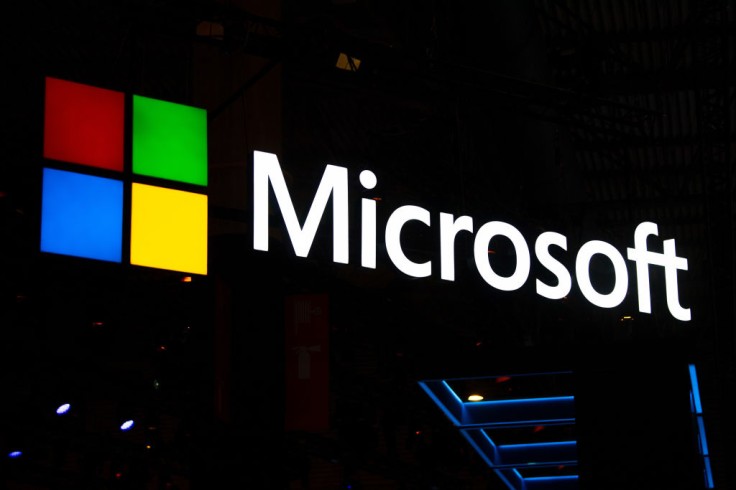Microsoft is warning countries heading for elections this year of a surge in online disinformation as foreign states attempt to disrupt the voting process.
Microsoft's Threat Analysis Center reported that China, Russia, and Iran have allegedly launched political disinformation campaign, from deepfakes to manipulated content, since last summer.

The findings noted that so-called "influence actors" have been primarily targeting English- and Spanish-speaking communities to push anti-government narratives.
In other instances, the state-backed actors have been noted to be using an "elaborate network of forged media outlets" to further push election-related content, either in the US or Europe.
It is worth noting that Microsoft is currently commissioned by the US government across several software and data security services on various departments and agencies.
The US in particular is at odds with the three nations amid its military and economic actions in the Pacific region, as well as its support to Israel. All three nations have been imposed with trade sanctions.
A follow-up report from Axios noted that state-backed actors have improved their attacks from previous operations during past elections.
According to Brian Liston, Recorded Future's senior threat intelligence analyst, threat actors are notably "showing more opportunistic behavior and latching onto breaking news stories or things that are coming up in the wild" to better deceive audiences.
AI-Powered Attacks Warned Ahead of 2024 Elections
Microsoft has earlier alerted the US and its allied countries to expect more AI-powered attacks aimed at disrupting the upcoming elections, especially from China.
The report detailed that the Asian country has been employing more AI this year, many of which came from the US, to allegedly launch cyberattacks and disinformation campaigns on the Western country.
Many of the attacks mainly targeted essential public services like water and electric facilities, although some were noted to attack government networks responsible for monitoring the voting polls.
US President Joe Biden has since urged related agencies to increase efforts to respond to the growing need for better cyber protection in the country.
How to Curb Disinformation on Social Media
While social media companies are already implementing new rules and policies to combat the spread of disinformation on their platforms, users also have the power to prevent the further spread of "fake news" to others.
A simple fact-checking, verifying the sources and claims online, could help alert other people that such assertions are fake and prevent the claims from going viral.
As Liston has said, many of the disinformation campaigns can be found related to the biggest political issues that are sure to generate a lot of hate from many users.
The stronger the reaction, the higher the chances that the post receives more engagement.
Related Article : How to Spot Election 'Fake News' on Social Media









